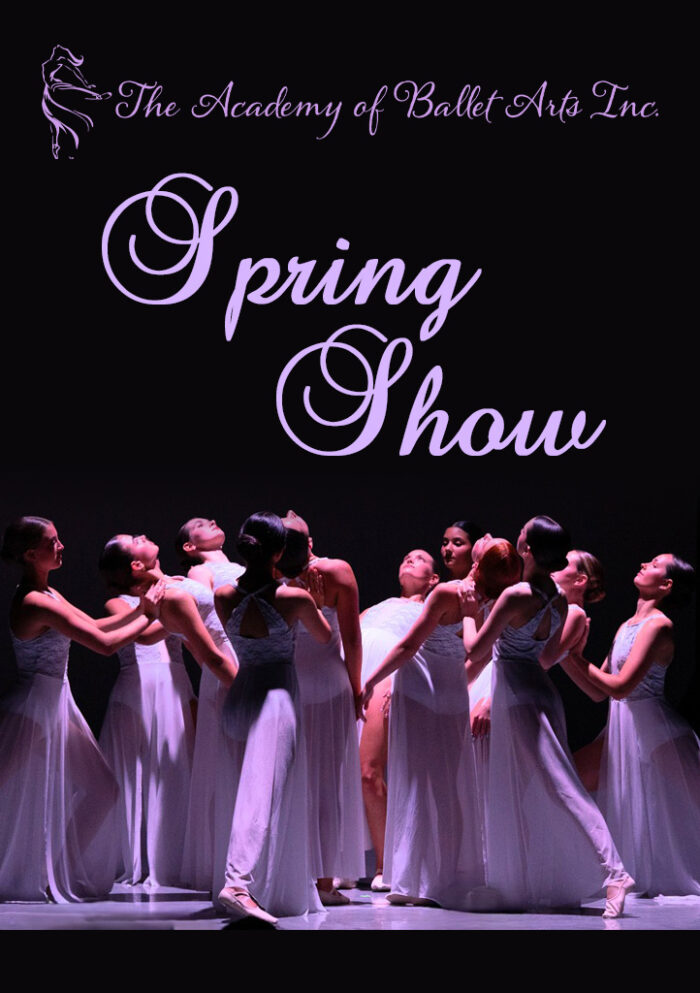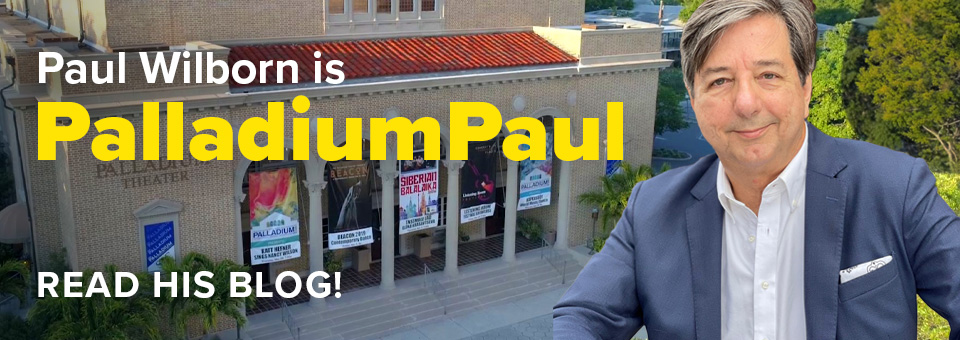Our 2018 staging of Webb’s City – The Musical has a lot going for it. For one, the show is going up without the threat of a killer hurricane bearing down on our city. (Remember Irma?) And most of the cast members from last year’s production are back.
When the show was staged in 2017, right after Irma slogged through Florida, Creative Loafing’s Editor, David Warner, wrote a rave review calling Webb’s City – The Musical a “thoroughly delightful piece of entertainment” and saying the show “should be revived every year.”
We agreed and the show is back on the Palladium’s main stage this weekend. Just in case you missed it last year, David’s glowing review is featured below. You can also read it at the Creative Loafing site by following this link.
The show runs Friday and Saturday (9-21 and 22) at 8 p.m. and Sunday (9-23) at 3 p.m. For tickets and information you can call the Palladium box office at 727-822-3590 or follow this link for online tickets and information.
Here is David’s review:
By DAVID WARNER
In the almost decade-and-a-half I’ve lived in St. Petersburg, Webb’s City: The Musical has become almost as much a legend as Webb’s City, “the world’s most unusual drugstore.” Until last night, I’d never been well-acquainted with either. The store closed in 1979, after 54 years in business; the musical, by Bill Leavengood and Lee Ahlin, premiered to great acclaim in 2000 as part of a St. Pete millennial celebration, making new fans with a revival a few years later. A concert version is being performed this weekend at the Palladium and now that I’ve seen it and learned more about the wonder that was Webb’s and its charismatic founder, E.J. ” Doc” Webb, I am convinced: The musical should be revived every year and, as a communal rite of passage, every St. Petersburger should be encouraged to go.
 Because, besides being a thoroughly delightful piece of entertainment, with catchy tunes and (in the Palladium production) a terrifically talented cast — it’s an eye-opening history lesson about the city’s booms and busts, and a reminder of undercurrents of economic inequality that persist in today’s boom-time. Webb was way ahead of Walmart in his cut-rate pricing ploys, which did not make him popular with more established members of the merchant class, who accused him of catering to the “ghetto.” Webb’s enlightened attitudes toward race were anathema to the town fathers, but he one-upped them by turning his little drugstore in the wrong part of town (south of Central) into a retail behemoth that attracted customers from everywhere. That popularity was due not just to the low prices but to Webb himself: A marketing genius, he grabbed attention with hokey but effective ploys like a talking mermaid diorama and a gift for hyperbole (evocative of a present-day real estate mogul/White House occupant), deeming everything he touched the biggest and the best.
Because, besides being a thoroughly delightful piece of entertainment, with catchy tunes and (in the Palladium production) a terrifically talented cast — it’s an eye-opening history lesson about the city’s booms and busts, and a reminder of undercurrents of economic inequality that persist in today’s boom-time. Webb was way ahead of Walmart in his cut-rate pricing ploys, which did not make him popular with more established members of the merchant class, who accused him of catering to the “ghetto.” Webb’s enlightened attitudes toward race were anathema to the town fathers, but he one-upped them by turning his little drugstore in the wrong part of town (south of Central) into a retail behemoth that attracted customers from everywhere. That popularity was due not just to the low prices but to Webb himself: A marketing genius, he grabbed attention with hokey but effective ploys like a talking mermaid diorama and a gift for hyperbole (evocative of a present-day real estate mogul/White House occupant), deeming everything he touched the biggest and the best.
Except that Doc Webb’s mega-store was as big as he said it was — by the 1950s the 77-store property covered 10 city blocks between 10th and 7th avenues, 2nd and 4th streets — the area just east of where the Trop is now, and where the thriving black Gas Plant neighborhood was before that. And though Webb, reputedly nicknamed Napoleon by his staff, stood just 5 foot 5, he was genuinely bigger than life — his impact amplified in this production by casting the tall and dashing Jim Sorensen in the role, resplendent in Webb’s white suit and utterly convincing as the retail innovator/carnival barker Webb was. (Note to St. Pete Opera: If you’re still looking for a Professor Harold Hill for your production next spring of The Music Man, I suggest you check out Sorensen’s Doc Webb.) One of the many pleasures of this concert staging is that you are reminded, if you didn’t know already, that two of our best local dramatic actors, Sorensen and Emilia Sargent, who plays Webb’s beleaguered first wife, also have powerful singing voices: Sargent has a lovely solo about wishing life could be as simple as it’s portrayed in the movies. As Oretta, the shopgirl who would become Webb’s second wife, Senna Prasatthong-osoth makes an auspicious debut, one that has the makings of showbiz legend in its own right: When Hurricane Irma prevented the actress originally cast in the role from making it down from New York, Leavengood asked Senna — a member of the ensemble and a senior at Shorecrest Prep, where he teaches theater — to step in at the last minute. She was splendid — poised, confident, with a pristine singing voice and a presence that wasn’t overshadowed by Sorensen’s (even though he’s several heads taller).
Leavengood as director and scriptwriter gives all his characters a chance to shine. Chas Reynolds has a nicely understated but menacing turn as a rival store owner; Mitch Marois pulls off multiple roles with style, and is particularly effective as Webb’s son Jim, who found it hard living in the shadow of his successful father; Stephanie Roberts delivers the sardonic “Breadline Shuffle” with great panache; and Terrence Jamison, as a black chauffeur Webb befriends while musing on his favorite green bench, gets to tear the roof off with the show’s most enduring number (reputedly popular at both weddings and funerals), the rousing “Wasn’t It a Good Ride?” The simplicity of the concert staging is a boon; with just rudimentary set pieces (the green bench, some palms), Leavengood moves his actors artfully among multiple microphone stands and projects slides of vintage photos and postcards to take us through the many stages of St. Pete.
Ahlin’s music ranges widely and assuredly among a variety of styles, from sweet love ballad to ’40s girl group to ’70s edge,his lyrics conversational and often clever and the rhymes unforced. (He also does a banner job conducting the production’s six-person band.) The script may have to leap over a few key plot points — there’s a moment when Oretta wonders whether the love has waned in her relationship with Doc, but a few seconds later they’re singing again, and the show passes quickly through the Depression, WWII, and the stages of Webb’s rise and fall. But Leavengood doesn’t ignore the forces at work underneath — the racism, and the potential downside of going cut-rate all the time while raking in the big bucks yourself. And he makes clear the melancholy message of Webb’s eventual defeat — that the Walmarts of the world took what he invented and beat him at his own game.
Leaving the show, you marvel at what he accomplished at the same time that you wonder what he wrought — and, considering the high-rises and big talkers of today, you wonder what, 50 years from now, a musical retrospective will say about them.
Meanwhile, go see this expertly staged production of Webb’s City — and then let’s make it an annual tradition.

Webb’s City 1973







Leave a Reply